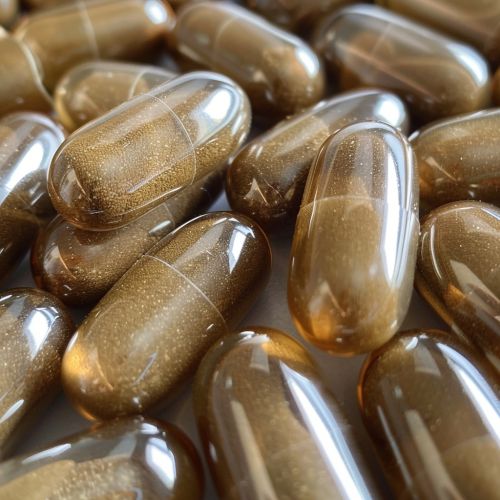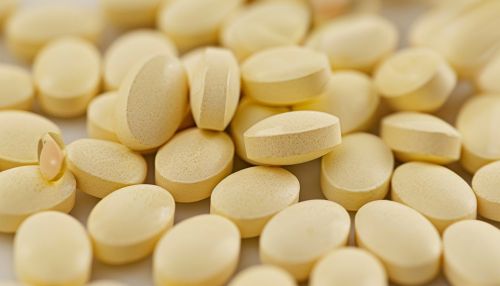Vitamin K2
Introduction
Vitamin K is a group of structurally similar, fat-soluble vitamins that the human body requires for complete synthesis of certain proteins that are prerequisites for blood coagulation. The body also needs these proteins for controlling binding of calcium in bones and other tissues. The vitamin K-related modification of the proteins allows them to bind calcium ions, which they cannot do otherwise. Without vitamin K, blood coagulation is impaired, and uncontrolled bleeding occurs. Low levels of vitamin K also weaken bones and promote calcification of arteries and other soft tissues.
Among the vitamin K types, Vitamin K2 is of particular interest due to its wide range of health benefits beyond blood coagulation, which include cardiovascular health, bone health, and anticancer effects.


Chemistry
Vitamin K2, also known as menaquinone, has several subtypes, which differ in isoprenoid chain length. These vitamin K2 homologues are designated as MK-n, where M stands for menaquinone, K stands for vitamin K, and n represents the number of isoprenoid residues in its side chain. Menaquinones are synthesized by bacteria during fermentation and are found in a variety of fermented foods and certain animal products.
Biosynthesis
In bacteria, the final step in the synthesis of the menaquinone's isoprenoid side chain is usually catalyzed by the enzyme UbiE. This enzyme belongs to the class of enzymes known as methyltransferases, which transfer a methyl group from one molecule (the methyl donor) to another (the methyl acceptor).
Dietary Sources
Vitamin K2 is most abundant in fermented foods, particularly natto, a traditional Japanese dish made from fermented soybeans. Other sources include certain cheeses such as Gouda and Brie, as well as meats, eggs, and dairy products. The specific content of vitamin K2 can vary greatly depending on the exact food source and preparation methods.
Absorption and Metabolism
Vitamin K2 absorption appears to be greater than that of vitamin K1, possibly due to the influence of food matrices and the presence of dietary fat. Once absorbed, vitamin K2 is transported to various tissues by lipoproteins. Unlike vitamin K1, which is primarily stored in the liver, vitamin K2 is distributed more evenly throughout the body.
Health Benefits
Bone Health
Vitamin K2 plays a crucial role in maintaining bone health. It activates osteocalcin, a protein that promotes the accumulation of calcium in bones and teeth. Studies have shown that high intake of vitamin K2 is associated with increased bone mineral density and reduced fracture rates in postmenopausal women.
Cardiovascular Health
Vitamin K2 may also protect against cardiovascular disease by preventing the calcification of blood vessels. It activates matrix Gla protein (MGP), which inhibits vascular calcification. Observational studies have linked higher intake of vitamin K2 with a lower risk of coronary heart disease.
Cancer Prevention
Some research suggests that vitamin K2 may have anticancer effects. In vitro studies have shown that vitamin K2 can induce apoptosis in leukemia and other cancer cells. Epidemiological studies have also found an association between high dietary intake of vitamin K2 and a lower risk of advanced prostate cancer.
Deficiency
Vitamin K2 deficiency is relatively rare but can lead to impaired blood clotting, increased bleeding, and osteoporosis. Risk factors for deficiency include poor diet, certain genetic disorders, and long-term use of certain medications such as antibiotics and cholesterol-lowering drugs.
Safety and Toxicity
Vitamin K2 is generally considered safe with no known toxicity in high doses. However, it can interact with certain medications, particularly anticoagulants such as warfarin.
